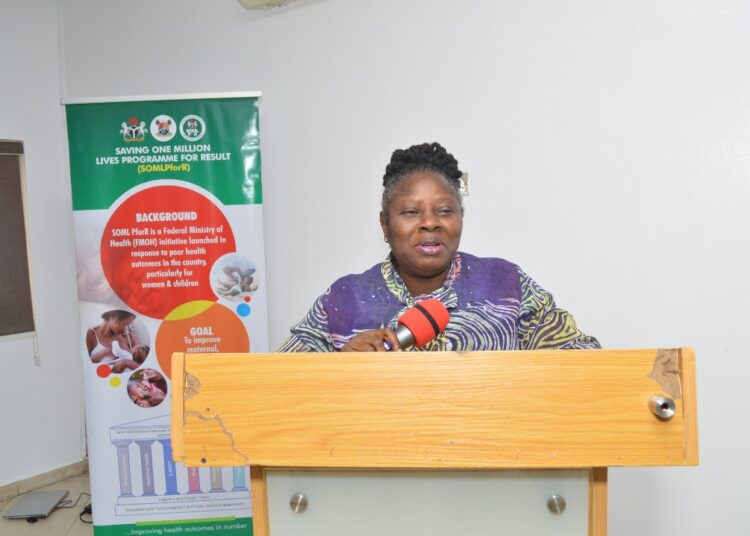The Lagos state government has emphasised the critical importance of early detection in combating viral hepatitis.
This is even as the state has organised a four-day residential training programme to equip medical officers in secondary health facilities with the skills to manage the disease effectively.
The Director of Disease Control at the Lagos State Ministry of Health, Dr Victoria Egunjobi, highlighted the program’s urgency at the Lagos training, noting that viral hepatitis is a highly infectious public health challenge with severe consequences if left undetected.
“This training is a vital step in ensuring early diagnosis and effective management of hepatitis in Lagos State, aligning with the World Health Organization’s goal of eliminating the disease by 2030,” she said.
She further stressed the government’s commitment to building healthcare capacity and fostering community awareness. According to Egunjobi, the initiative includes widespread screenings, vaccinations, and outreach efforts to reduce the burden of hepatitis in Lagos.
“Early detection remains a cornerstone of prevention. With better awareness, we can save lives and avoid complications such as liver cancer and failure,” she added.
Coordinator of the Saving One Million Lives Programme for Results (SOMLPforR) Dr. Mazeedat Erinosho, echoed these sentiments, describing hepatitis as a “silent killer” that thrives on low awareness. She shared a personal account of losing a family member to the disease, underscoring the need for healthcare workers to bridge the knowledge gap and advocate for proactive screening and vaccination.
“Many doctors and healthcare workers are unaware of the full scope of hepatitis management, which is why this training is so critical,” Erinosho stated. She also lauded Lagos State as the first in Nigeria to introduce screening and vaccination programs for healthcare workers.
Renowned specialists, including Prof. Casimir Omuemu from the University of Benin Teaching Hospital (UBTH) and Dr. Rufina Igetei from Lagos State University Teaching Hospital (LASUTH), emphasised the critical role of early intervention in their presentations.
Omuemu described viral hepatitis as a pervasive health threat, with one in 12 people affected globally, often without symptoms. “Late detection can lead to severe complications, including liver failure and cancer. Early diagnosis is less costly and life-saving,” he said.
He called for more proactive testing and vaccination, urging healthcare professionals to disseminate accurate information to patients and communities.
We’ve got the edge. Get real-time reports, breaking scoops, and exclusive angles delivered straight to your phone. Don’t settle for stale news. Join LEADERSHIP NEWS on WhatsApp for 24/7 updates →
Join Our WhatsApp Channel










